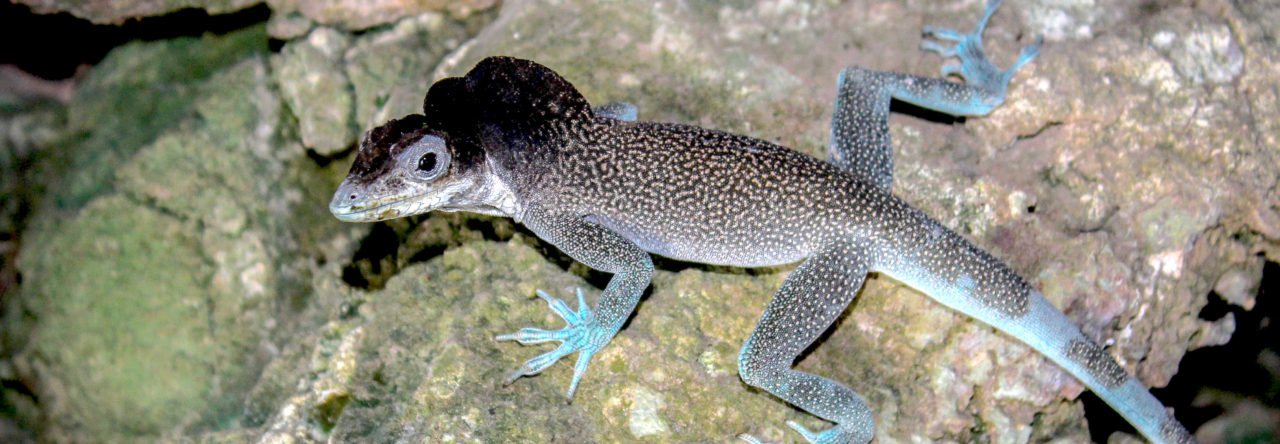American Society of Naturalists’ Young Investigator Award winner Dan Warner presented a marvelous synthesis of studies of how external influences affect phenotype and survival in eggs and offspring of lizards and turtles. Among other things, he has demonstrated
that some types of plasticity are adaptive: in temperature sensitive sex determining lizards, males are produced at temperatures at which the fitness of male offspring is greater than that of females, and vice-versa.
Recent and ongoing work has involved environmental effects on brown anole growth and survival. In one experiment, gravid females were fed high or low quality diets. The females with the more nutritious cuisine produced a similar number of eggs as their less privileged sisters, but their eggs were bigger, which in turn resulted in larger offspring that grew faster and survived better. Subsequently, Warner examined whether differential yolk provisioning was likely the cause of these differences. By reducing the amount of yolk in an egg (the famous Sinervo procedure), he produced smaller, slower-growing, and poorer
surviving offspring.
Newly created field studies are now examining the effects of intra-sexual competition by establishing brown anole populations on islands with different sex ratios (some male-biased, others female biased).
- Evolution in Real Time on Lizard Island - March 23, 2025
- Spider Snags Adult Anolis osa - March 22, 2025
- An Homage to the Green Anoles of New Orleans - March 21, 2025



2 Pingbacks